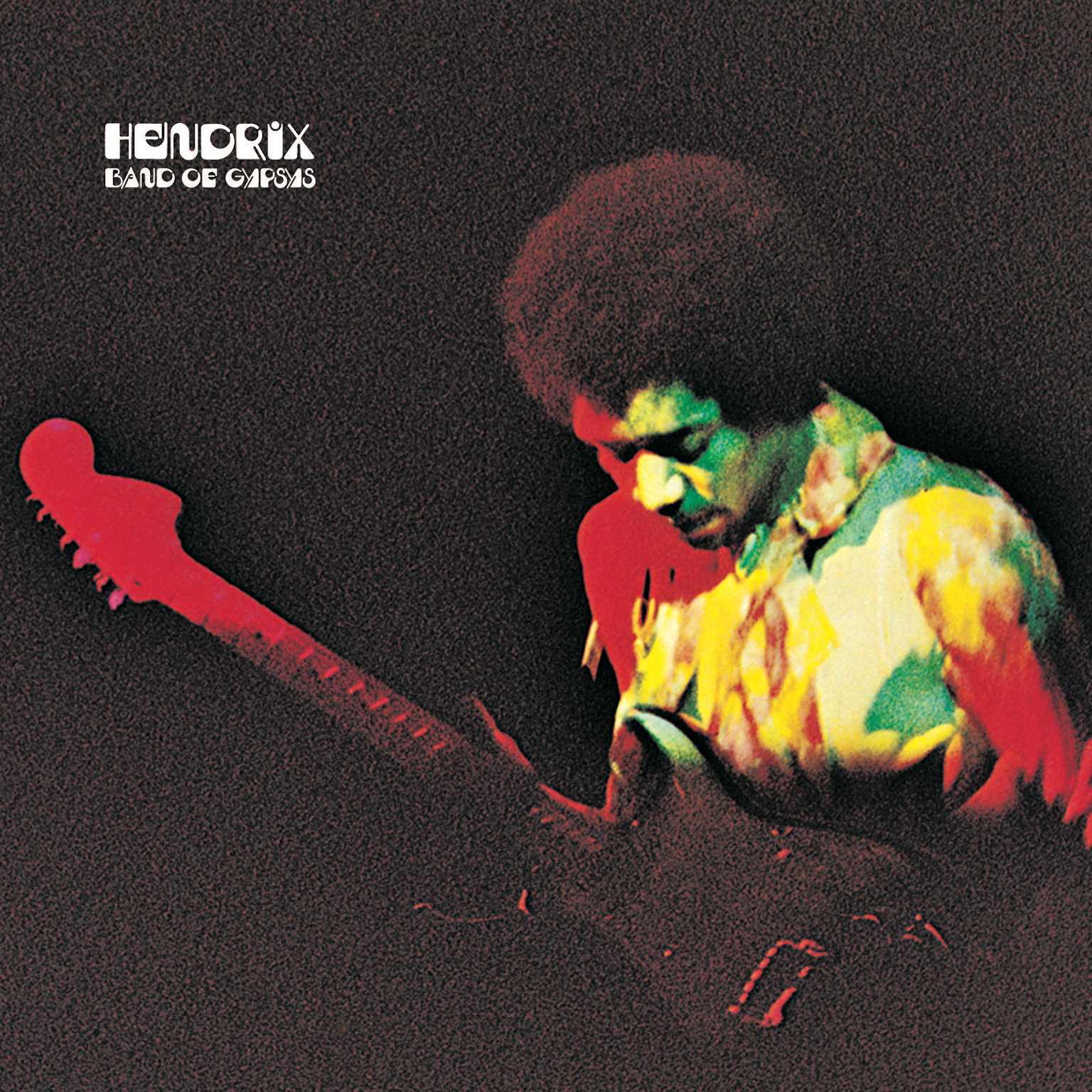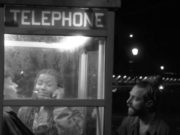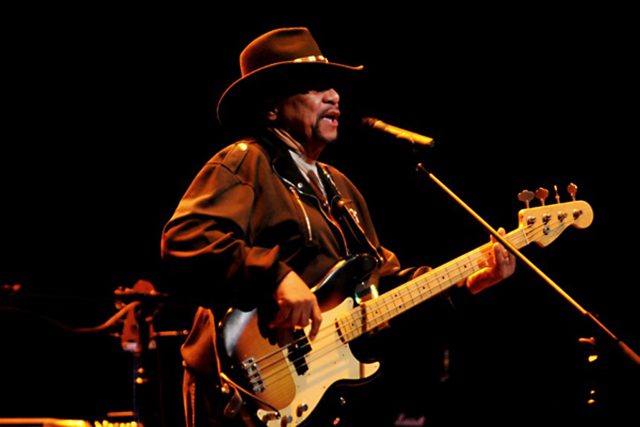Since it’s the anniversay of Jimi Hendrix’s death this week, I figured I’d dig a littler further into my files and resurrect this 2010 interview I did with Band of Gypsys bassist Billy Cox. Enjoy.
There are two kinds of guitar players in the world, according to Billy Cox. “There are the ones who will admit being influenced by Jimi Hendrix,” quips the Band of Gypsys bassist, “and the ones who will not admit being influenced by Jimi Hendrix.”
In 2010, several pickers in the former category — including Kenny Wayne Shepherd, Susan Tedeschi, Robert Randolph, Jonny Lang, Steve Vai, Brad Whitford, David Hidalgo, Cesar Rosas, Eric Johnson and others — arrived in Canada for several stops on the Experience Hendrix Tribute Tour. As always, Cox — Hendrix’s former Army buddy who ended up backing him at his immortal Woodstock set — anchored the band while the axe-wielding rockers pay tribute to the ultimate guitar hero. Here’s what the Nashville-based bassist had to say about his lifetime of Hendrix experiences.

Does it feel like decades since Jimi left?
No, it just feels like yesterday. Everything is still fresh in my mind — what little mind I have left.
Well, they say if you remember the ’60s, you weren’t there. Did you ever think you’d be the guy who ended up carrying Jimi’s torch?
No. My (2009) CD is entitled The Last Gypsy Standing. I think that sums it up.
Why do you think Hendrix’s music has remained popular for so long?
Because it’s the music of a master. Do we ever get tired of Brahms? Do we ever get tired of Beethoven? Handel? Liszt? We never get tired of them for the same reason we never get tired of Hendrix. People think Jimi was a hard rocker, but he wasn’t really. He was a master musician. He would spend hours and hours in the studio just to perfect the music. Sometimes a spirit slips through the portal of time into this reality and blows our minds. He was one of those spirits.
What’s the goal of the Experience Hendrix shows? Recreating the music or reinterpreting it?
It’s about celebrating the music, with a little bit of reinterpretation. We’ve brought a few of the things into this millennium. But when the Boston Pops plays the music of the masters, they do it the way it was meant to be interpreted. Faulkner said, ‘Don’t try to be better than your contemporaries or predecessors. Try to be better than yourself.’ It’s just like that.
Of all the guitarists on these tours, is there anyone you feel has picked up the torch?
Not really. There was only one Jimi Hendrix. We’re just following in his footsteps. He is the man.
“There was only one Jimi Hendrix. We’re just following in his footsteps. He is the man.”
When you met him in the Army, how was his playing?
Awesome. I mean, it was still very amateurish, but intuitively I knew there was something special. I can’t explain it. He had a destiny. Fate is the cards you’re dealt at birth; destiny is what you do with those cards. I heard him playing in the service club. We were kids, in our teens. I had played bass but laid it aside. But when I told him I played, he said, ‘Hey baby, they got an electric bass there, let’s do some jamming.’ That jamming was magical. He looked at me and I looked at him, and it was like we knew each other.
He originally wanted you to be in the Experience, right?
He called me before he went to England, and said, ‘Billy, this guy’s going to send me to Europe and make me a star. Get your stuff together and get up here.’ I said, ‘Jimi, I’ve fallen on hard times. I’ve got three strings on my bass and the fourth one’s tied in a square knot.’ He said, ‘That’s OK. I’ll make it and I’ll send for you.’ It took him a couple of years, but hey, he did it.
What about the stories that he ended up being controlled by gangsters? Was it as bad as that?
Not really. There was a lot of business stuff. Jimi didn’t want to get involved in business; he just wanted to make music. But I know they paid me well and they paid him. They moved us around in first class. We had some good times. And we had some times when we just didn’t feel good and were wore out.
What would Jimi make of all this?
He was not that bragadocious type of individual. He had the wisdom of a 70-year-old guy in his 20s. He used to say that egos have a tendency to destroy people. So he probably would just laugh and say, ‘Whatever.’ That was Jimi.








































